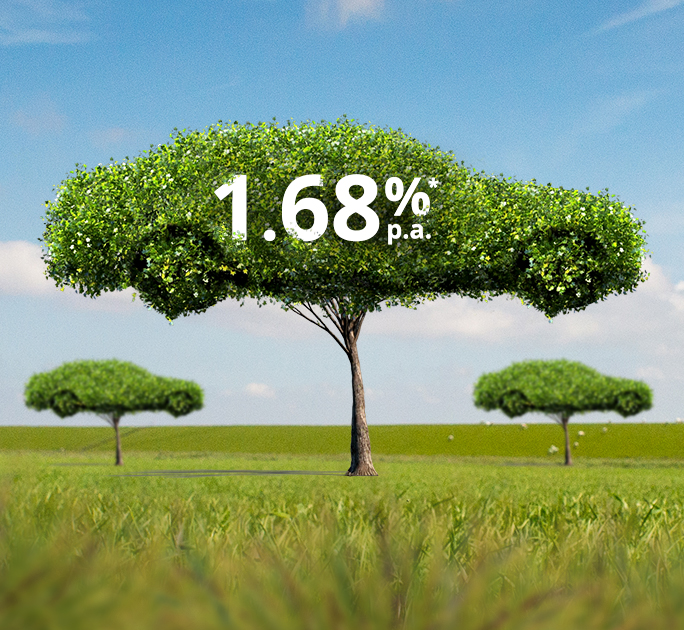Take the next step
on your wealth journey with us.
Unlock personalised wealth advice, a dedicated investing account and specialised investments today.Learn more
Featured
Be in the know of the latest news and promotions or tap on expert insights.
DBS Wealth Feed
Gain a deeper understanding of wealth dynamics with curated insights for discerning investors.
Quick Access
An overview of major markets and currency exchange rates.
Leadership & Accolades
Get to know the team at DBS Treasures. Learn what drives us, how we’re making a difference, and our impact to the world.















